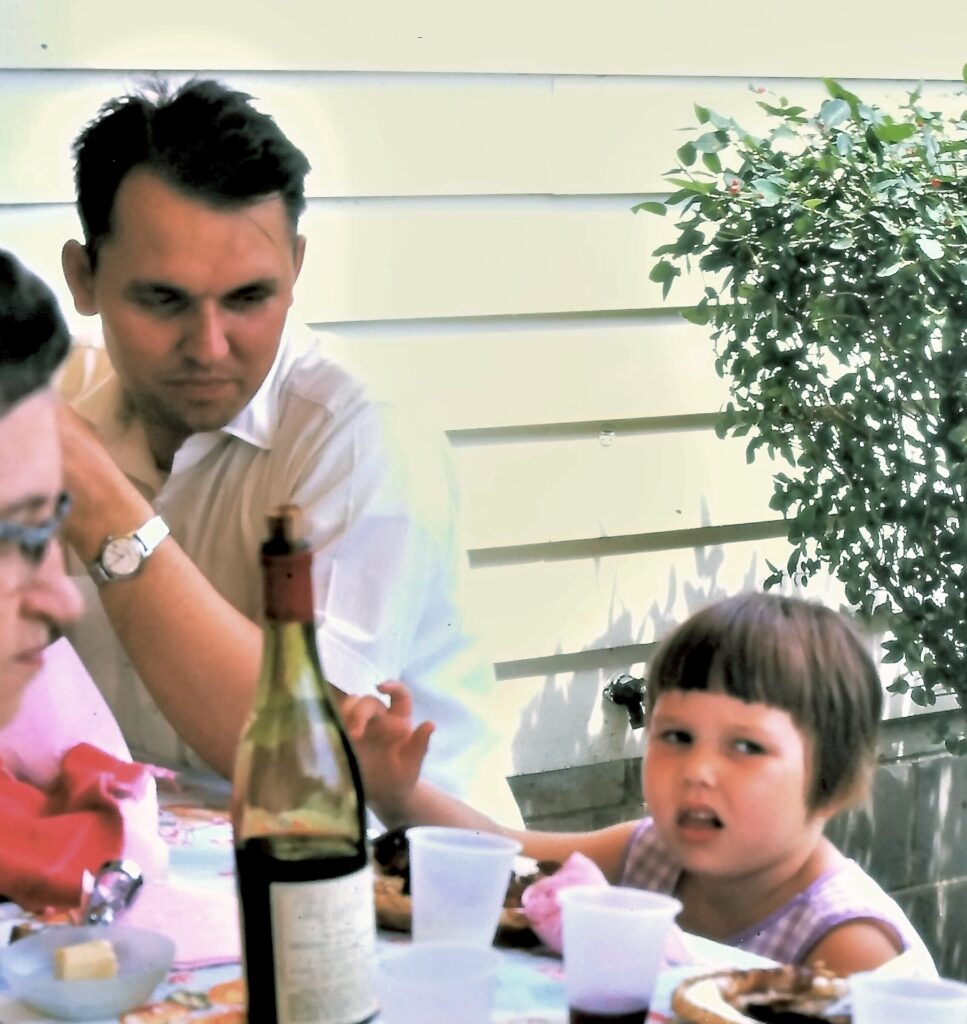I awakened this morning in the grip of an unpleasant memory.
The memory was from the end of the last semester of my last year of undergraduate study. I had majored in philosophy because it had the least amount of required coursework. That meant I had plenty of time to take classes in fine arts and music, and do lots of reading on my own.
Even if I had taken more philosophy classes, I knew I was a mediocre and uninspired philosophy student. I knew it, and the department chair knew it, and I knew he knew it. But I didn’t think I was anything worse than mediocre and uninspired. So I was a little taken aback when the department chair pulled me aside one day and said that sometimes the philosophy faculty needed to talk a little more with one of the seniors….
At first I had no idea what he was talking about. He seemed to be talking around in circles. Then it became clear he was saying I had to meet with philosophy faculty for some kind of oral exam. The exam would take place in two days.
Two days. Holy shit. I still didn’t understand what was going on. I felt too burned out to study.
By the time of the oral exam, I was terrified. I have a vivid memory of walking into an office and confronting the entire philosophy faculty. As soon as they started questioning me, though, I realized I had been mistaken about the purpose of the oral exam. Apparently someone had proposed me for academic honors. That’s what they were going to examine about. This was not at all what I had expected. I froze, and could barely speak. Some of the faculty looked disappointed and even disdainful. It was humiliating. At least they had the kindness to let me go quickly.
Of course I didn’t get honors. Nor did I deserve them — I had done as little coursework as possible in philosophy. I was pretty sure that the department chair also felt I didn’t deserve honors, which helped explain why he couldn’t bring himself to tell me that I was being considered for honors. He and I had clashed a number of times — I thought he was a pompous ass who had coasted on a brilliant PhD dissertation but never published anything — and he thought I was intellectually immature and needed his special guidance. He cornered me at breakfast on graduation and insisted on telling me that he knew I was a prejudiced New England Yankee who hated French Canadians like him and that’s why we never got along. Actually, in my town there were no French Canadians, and that just happened to be the one form of New England ethnic/racial hatred that I had not learned. But I knew what he meant. No wonder he found me distasteful. And recognizing the justice of his opinion of me didn’t change my opinion of him: that he was a pompous ass and an intellectual pretender.
At graduation, we had to sit through an incredibly boring commencement speech about the glories of capitalism (I’m not making this up). I hadn’t wanted to attend graduation, but my parents insisted. Since they had paid for a third of my college degree, I knew they deserved something for their investment, so I bought the robe and the funny hat and sat there through the boring ceremony. We had been instructed that when it came our turn to walk across the stage and receive our diploma, we were supposed to shake the hand of the college president first, then take our diploma from his other hand. I grabbed the diploma first, then shook his hand — I wasn’t taking a chance on them yanking it away from me at the last minute on some pretext or another.
A couple of footnotes: After failing miserably in that oral exam, I was asked to apply for the department prize in philosophy by submitting a list of books I had read on my own, outside of coursework, during my final two years of college. It was an impressively long list, and I got the prize — a gift certificate for $40 worth of books (worth $120 in 2022 dollars). Those books probably were worth more to me than honors, because after graduation I spent 12 years in the residential construction business where no one cared if I went to college, let alone whether I got honors or not. And I met a fair number of former philosophy majors working construction who didn’t use their degrees, either.



